Pickles are a popular snack for all people of all ages. If you have diabetes or want to control your blood sugar levels, you might wonder if pickles are safe for your consumption, and the quick answer is yes.
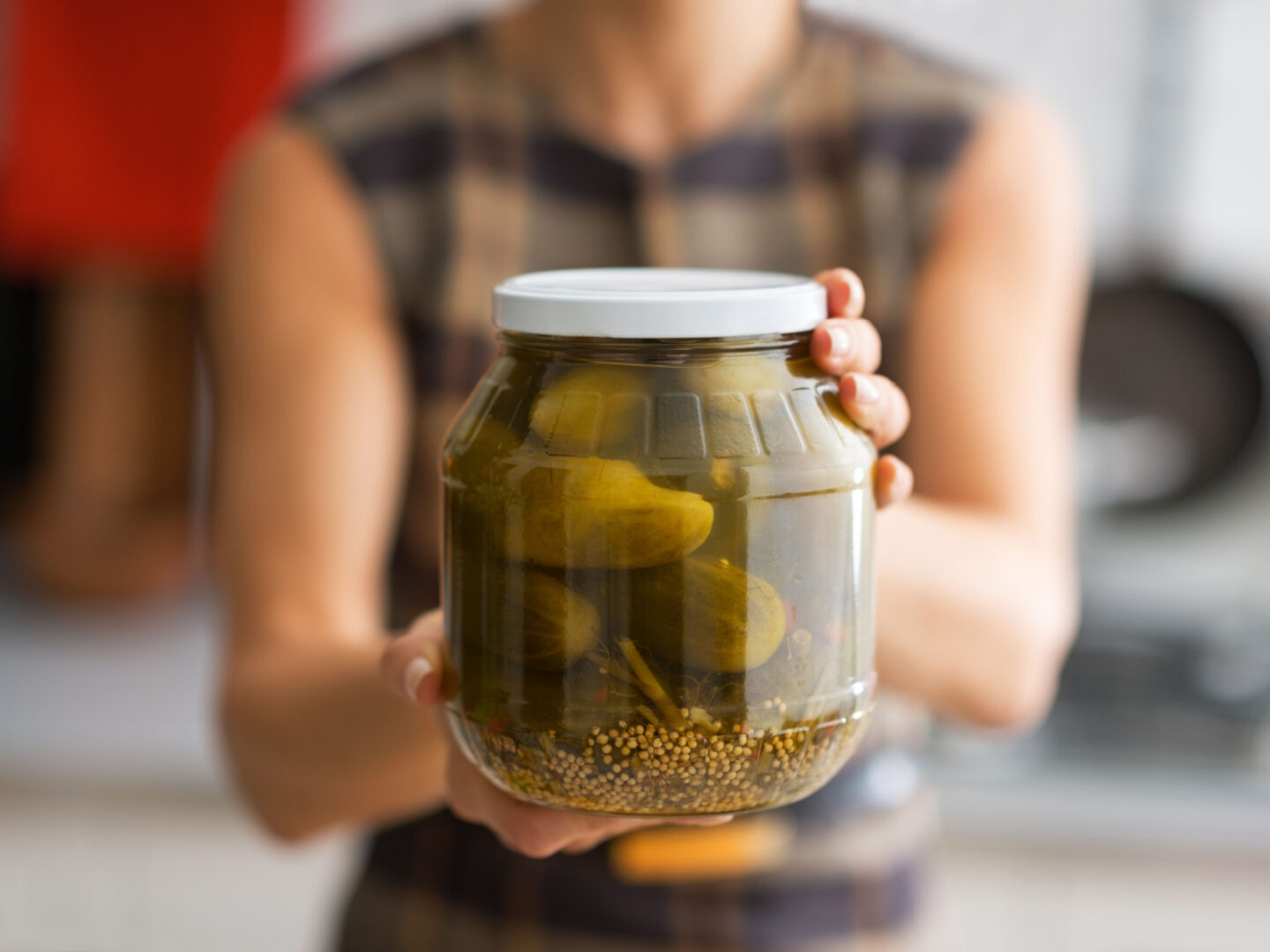
Pickles are low in carbohydrates and have dietary fiber that controls how fast your blood sugar rises. The acetic acid in pickles also possess properties that maintain blood sugar level and lower HbA1c, making them great for diabetic patients.
However, note that pickles contain high amounts of sodium that may affect your blood pressure and kidneys. To be safe, people with diabetes should only consume up to half a cup of pickles twice a week.
This article will discuss all the benefits and risks of pickles for diabetes patients and provide a diabetes-friendly pickles recipe at the end.
Table of Contents
Diabetes in a Nutshell
Diabetes is a chronic health condition affecting how the body processes glucose, a type of sugar that is the primary energy source for cells. Once glucose or sugar enters the bloodstream, it needs the hormone insulin to get into the cells for energy.
In people with diabetes, either the body does not produce enough insulin, as in type 1 diabetes, or it becomes resistant to the insulin it has, as in type 2 diabetes, leading to high blood glucose levels.
The symptoms of diabetes can include increased thirst, frequent urination, unexplained weight loss, blurred vision, and slow-healing cuts or sores.
High glucose levels in the blood can cause several health problems over time, including heart disease, nerve damage, blindness, kidney disease, and amputations.
Are Pickles Good for Diabetics?
Pickles are low in carbohydrates and have properties that help regulate blood sugar levels and can potentially lower blood sugar levels long term, making them great for people with diabetes.
The benefits of pickles for people with diabetes come from its ingredients, and it’s essential to have an insight into the elements and their effects on one’s blood sugar level.
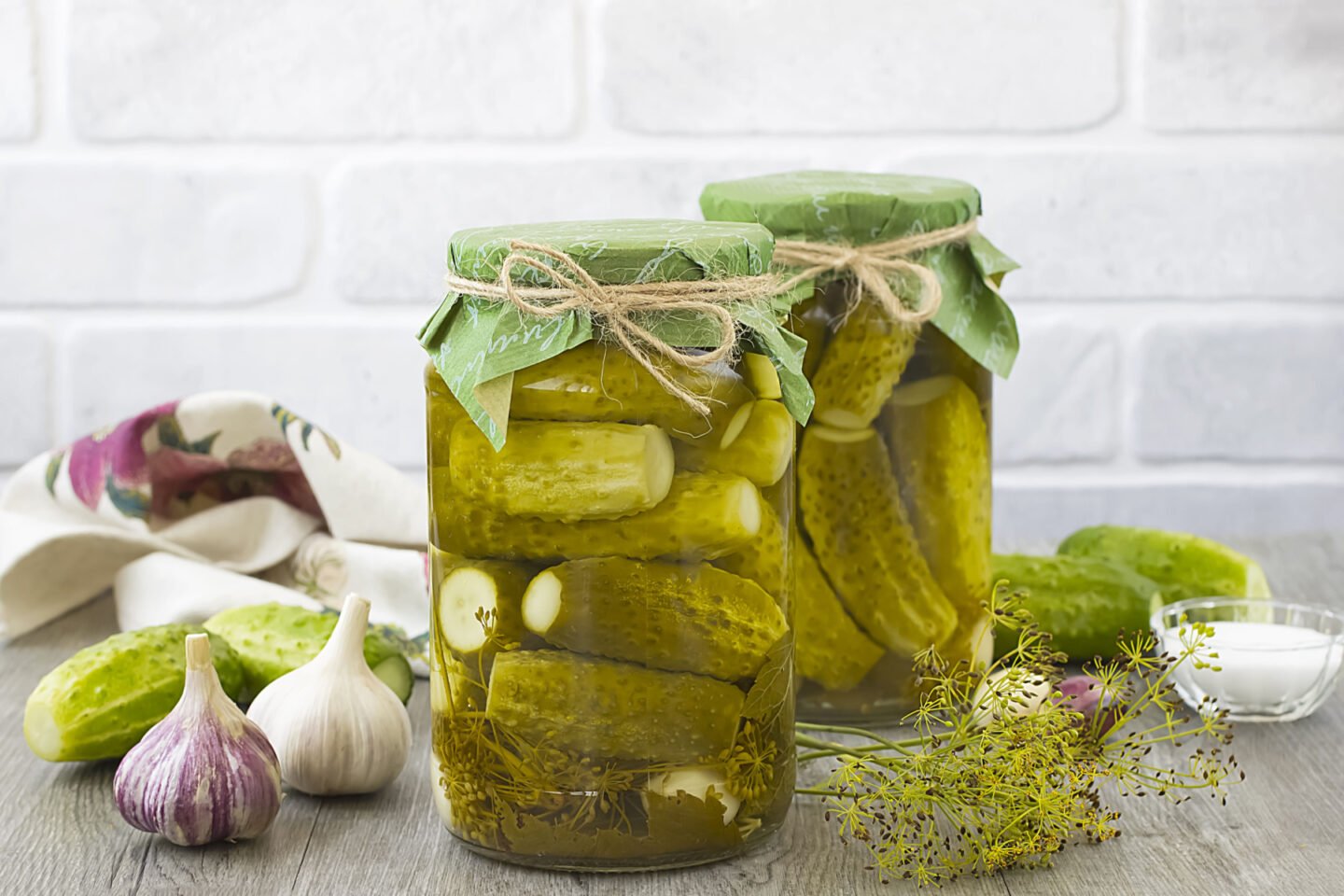
First, pickles have cucumbers. Cucumbers are low in carbohydrates and high in fiber, making them a good choice for people with diabetes. Fiber can help slow down glucose absorption into the bloodstream, which helps keep blood glucose levels under control.
Next, we have vinegar. The vinegar in pickles is acetic acid, which helps lower blood glucose levels. This is because acetic acid can increase insulin sensitivity and help glucose enter cells more effectively.
And lastly, pickles have spices like dill and garlic, which also benefit diabetes patients. In the following section, I will discuss more on these benefits and provide scientific studies that back the claims.
Benefits of Pickles for Diabetics
Pickles Are Low in Carbohydrates
Eating too many carbohydrates if you have diabetes can be very dangerous, and pickles have a low carbohydrate content, making them a good snack if you want to maintain your sugar levels.
Carbohydrates cause your blood sugar to rise quickly, leading to hyperglycemia or high blood sugar. If you have consistently high blood sugar levels, you will be prone to obesity and diabetes complications.
This is why eating low-carb food options is essential. People with diabetes should choose foods high in fiber and low in calories and carbs to avoid causing a blood sugar spike.
Pickles Prevent Blood Sugar Spike
Pickles are a low-carb, low-sugar food, making them an excellent choice for those looking to stabilize their blood sugar levels. They are also high in fiber, which helps slow down digestion and keeps you feeling full longer.
So what happens when you have a blood sugar spike? Short-term effects include blurry vision, fatigue, hunger, and headache. However, long-term effects include kidney problems, heart disease, nerve issues, and vision loss.
Vinegar in Pickles Help Regulate Blood Sugar
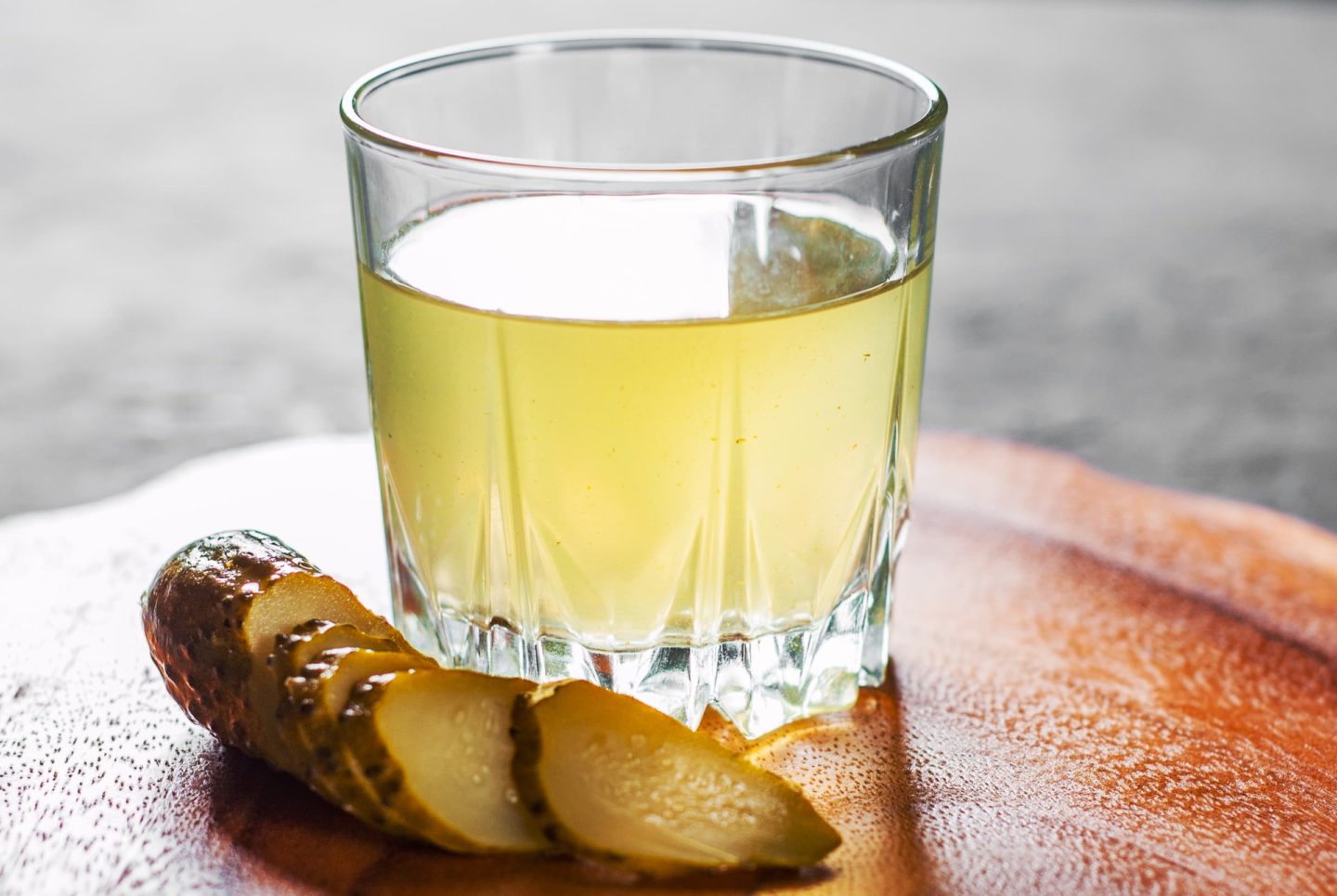
Vinegar is known to help regulate blood sugar levels by slowing down the gastric emptying process, which helps to keep blood sugar levels balanced.
The primary component of vinegar, acetic acid, helps lessen stomach emptying and starch digestion while you sleep. Additionally, it may alter how your body breaks down glucose, enhancing the rise in fasting glucose levels before breakfast.
In 2007, a study discovered that those with type 2 diabetes who drank a small amount of apple cider vinegar before sleep had better glucose balance when they woke up.
Subsequent research by Chinese scientists supported this finding, though further investigation is still necessary.
Vinegar Helps Lower HbA1c
HbA1c, also known as glycated hemoglobin, is a lab test that measures the blood's average amount of glucose over the past 2-3 months.
Physicians use HbA1c to monitor the long-term glucose situation of the patient. The higher the HbA1c, the higher the risk of developing diabetes complications.
Luckily, ingesting vinegar helps maintain the HbA1c levels of diabetic patients. In a 2018 study, the results show that taking vinegar for 8 to 12 weeks helps maintain low HbA1c levels and even lowers them.
Pickles Help with Weight Loss
One of the key benefits of eating pickles is that they are low-calorie foods, promoting weight loss. A single pickle can have as few as five calories, making them a great snack option for those trying to reduce their calorie intake.
Another advantage of eating pickles for weight loss is that they typically contain vinegar, which aids in weight loss. Vinegar slows the digestion of carbohydrates, leading to a more gradual rise in blood sugar levels.
A gradual rise in your blood sugar can help reduce cravings for sugary or high-fat foods and make it easier to stick to a healthy diet.
However, it's important to remember that pickles should not be the only source of weight loss but rather a part of well-rounded, healthy eating.
Risks of Pickles for Diabetics
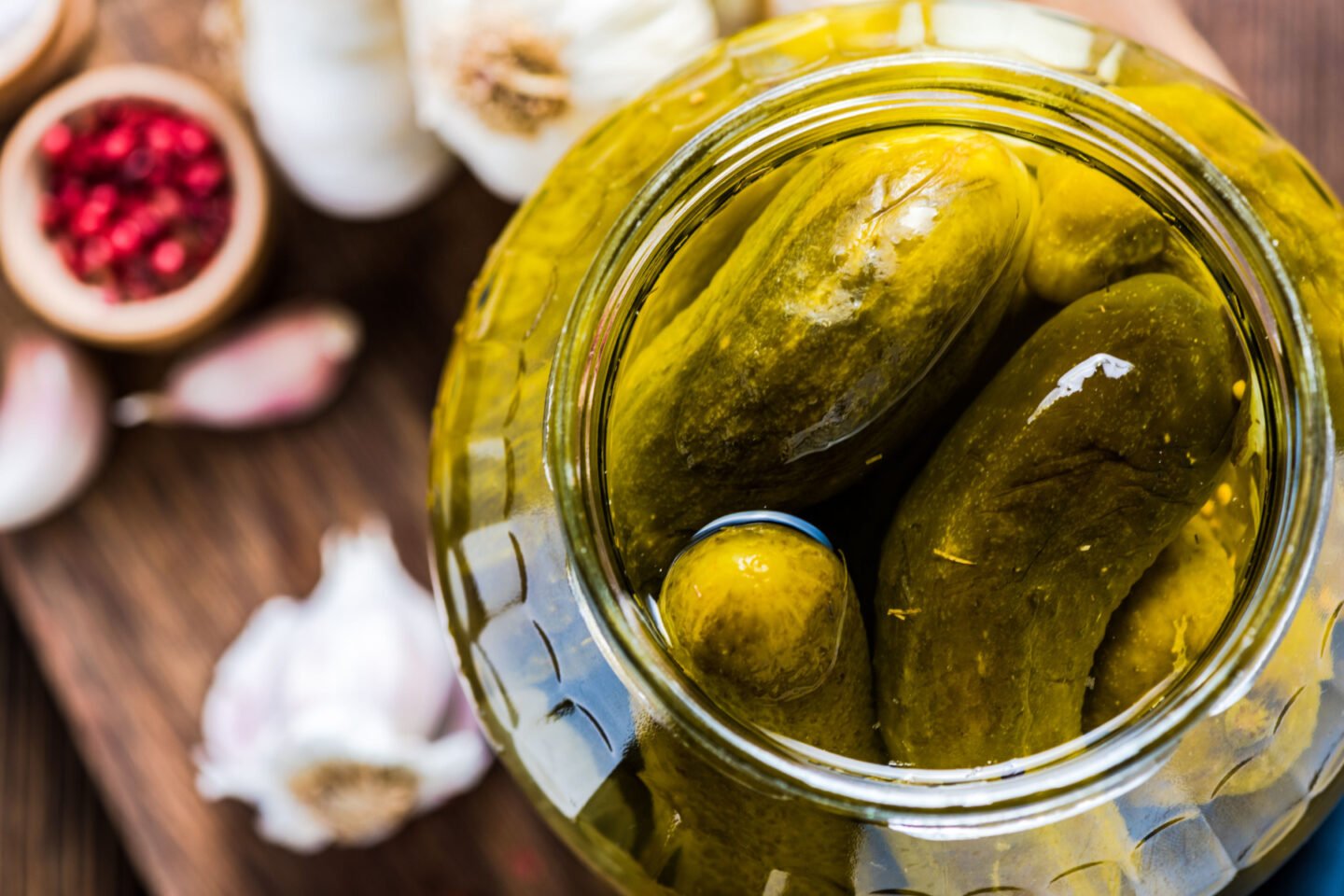
Pickles Are High in Sodium
Sodium is essential for maintaining fluid balance, regulating blood pressure, and transmitting nerve impulses.
However, too much sodium can be harmful to people with diabetes, as it can lead to several health problems.
In diabetic patients, high sodium intake can cause fluid retention, exacerbating high blood pressure and putting additional strain on the heart and blood vessels. This can increase the risk of cardiovascular disease, which is a major complication of diabetes.
Sodium can also interfere with insulin sensitivity and glucose metabolism. In some studies, high sodium intake has been associated with insulin resistance and increased blood glucose levels.
Moreover, experts linked excessive sodium intake to an increased risk of kidney disease in people with diabetes.
The kidneys play a crucial role in removing excess fluid and waste from the body, and high sodium levels can damage the delicate blood vessels and filters in the kidney.
Diabetes Patients Should Avoid Sweet Pickles
Sweet pickles, also known as bread and butter pickles, are a popular food item. However, they can be unsuitable for people with diabetes, as they usually contain high amounts of sugar.
People with diabetes often have trouble controlling their blood sugar levels, and sweet pickles, which are high in sugar, can make this problem worse.
Moreover, sweet pickles are also high in sodium, which can also cause adverse effects for people with diabetes.
Can Pickles Lower Blood Sugar Levels?
Pickles contain properties to maintain blood sugar levels and even lower HbA1c levels. Pickles have a low carbohydrate content and a glycemic index of 32, which does not increase blood sugar levels.
Can Pickles Increase Blood Sugar Levels?
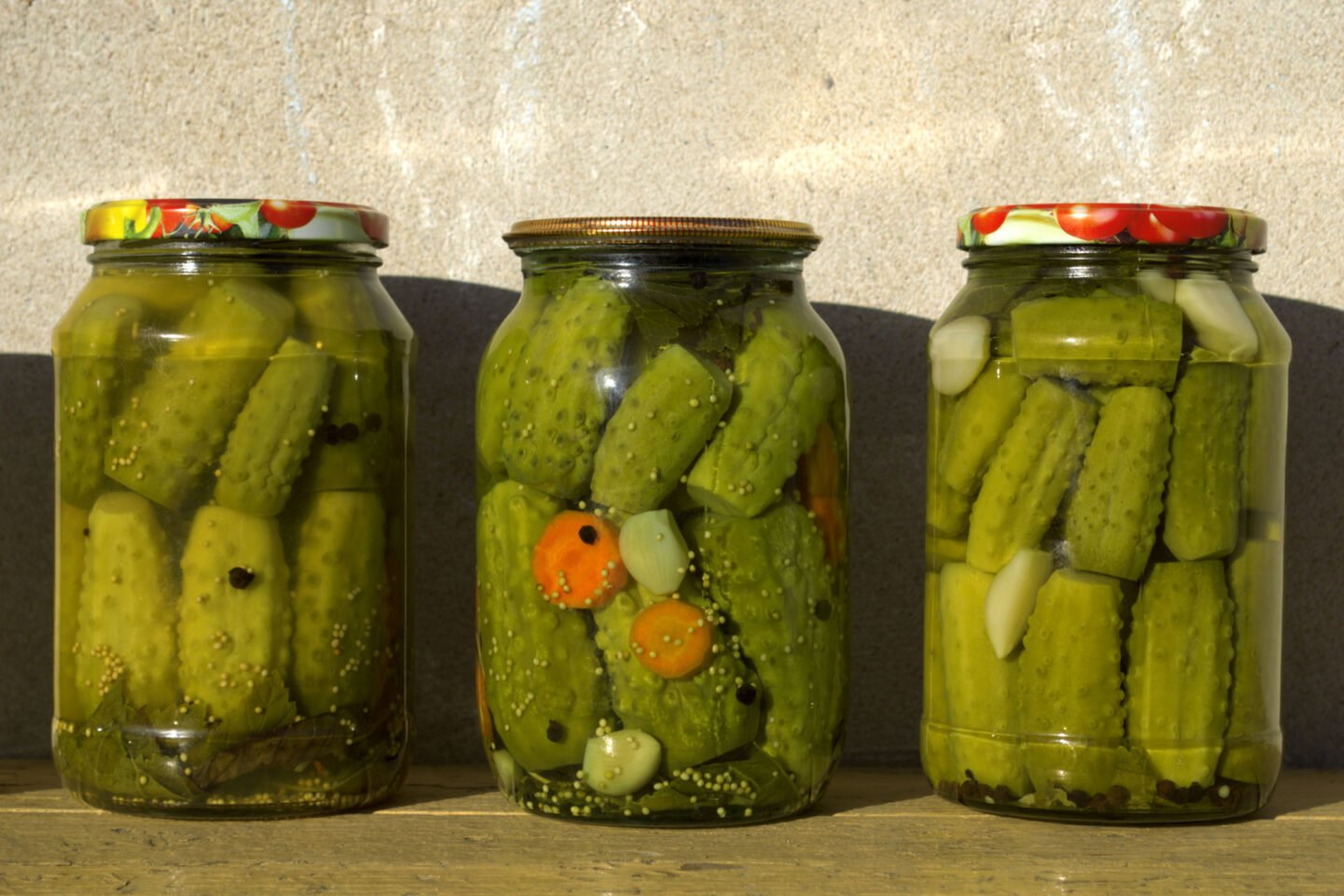
Eating regular pickles does not increase the blood glucose level. However, sweet pickles are an exception, as they contain high amounts of sugar. Still, people with diabetes can eat homemade pickles that have less salt and no added sugar to manage their condition.
How Many Pickles Can A Diabetic Eat?
Although regular pickles do not cause an increase in blood glucose levels, they contain high amounts of salt that make them dangerous when consumed daily.
Diabetic patients can eat half a cup of pickles twice a week to avoid increased sodium levels.
Recipe
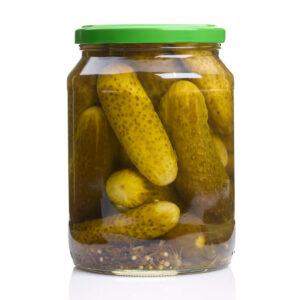
Diabetes-Friendly Pickles Recipe
Ingredients
- 3 cups cucumbers sliced
- 2 tbsp pickling spice
- ½ tbsp sea salt
- ¼ cup white vinegar
- ¼ cup apple cider vinegar
- ¼ cup lemon juice
- 2 tbsp honey
- 2 cloves garlic minced
Instructions
- Place cucumbers in a large bowl and sprinkle with pickling spices and sea salt.
- Whisk together white vinegar, apple cider vinegar, lemon juice, honey, and garlic in a separate bowl.
- Pour the vinegar mixture over the cucumbers and mix well.
- Place the cucumbers in a jar or container and cover them with a lid.
- Place the jar in the refrigerator and let the cucumbers pickle for at least 24 hours before serving.
Nutrition
Related Questions
Drinking pickle juice is not recommended for people with diabetes. Pickle juice has a lot of salt in it, which can cause problems with the kidneys and high blood pressure.
Diabetes patients can consume other pickled food options as long as they do not contain added sugar and have a lower sodium content. It’s essential to check the nutrition facts and ingredient list before purchasing pickled food.

Leave a Reply